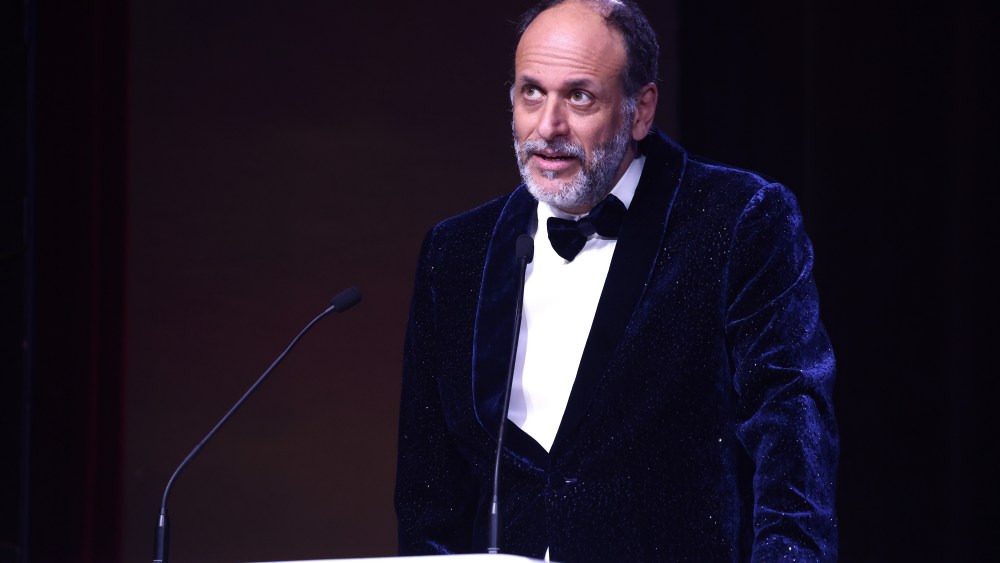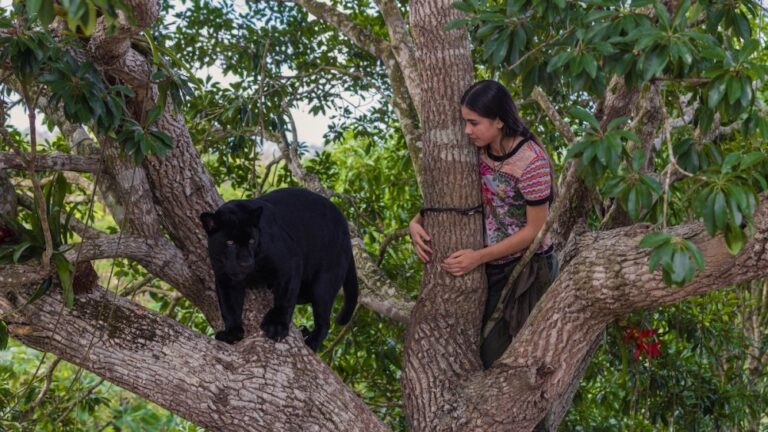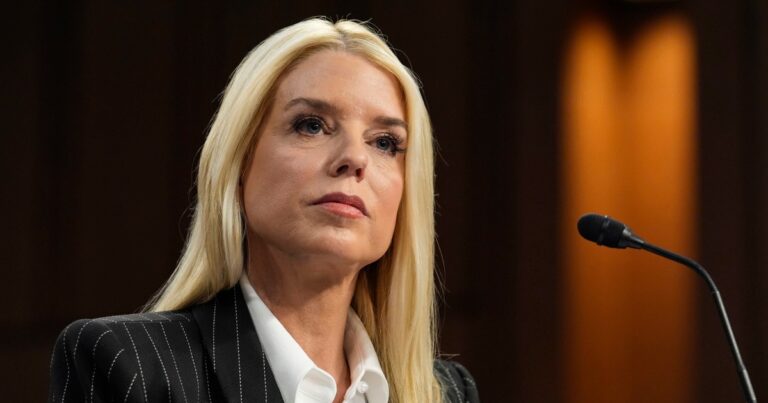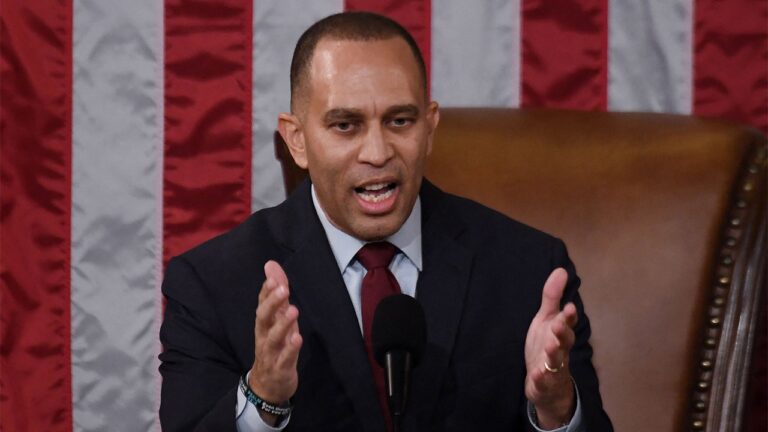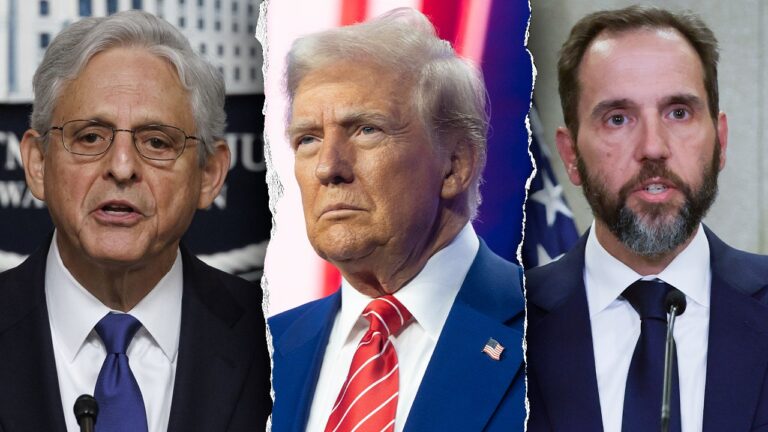While at the jury press conference at Marrakech Film Festival, Luca Guadagnino said on Saturday that he’ll be “happy” if people download “Queer” in Turkey, where the movie, starring Daniel Craig as a gay American expat in 1950s Mexico City, was banned by authorities who deemed it “too provocative.”
“They banned the movie because they said the movie was creating social disorder,” Guadagnino said. “I wonder if they’ve seen the movie or if they are just judging it by the outline or let’s say the facetious stupidity of some journalism focusing on James Bond going gay.”
He rejoiced about the fact “Queer” is an “object that shatters our house of values in a way that is so powerful” and hopes that the “form of the movie brings the possibility of societal collapse.”
“I am scandalized by cinema. I am shocked by it, that I’m going to fight the institution who wants to tarnish its inevitable powers,” said Guadagnino, prompting the room to erupt in applause.
Guadagnino, who is presiding over the Marrakech Film Festival Jury, argued the censorship doesn’t prevent people from seeing the movie because they “can find things” by themselves. “You can download the movie. I mean, if someone in Turkey downloads the movie, I’m happy.”
Speaking more largely about his aspiration as a filmmaker, he said, “We have only one enemy, which is industrial taste.”
“That is the enemy that we have to fight fiercely against, which is the idea of cinema being slotted within parameters that are given by a sort of invisible law. That is the idea how cinema has to be made to work as an industrial piece,” Guadagnino continued.
Ali Abbasi, whose Donald Trump movie “The Apprentice” has been plagued with controversy, talked about how crucial it is for filmmakers to address audiences who may not share their world views. The Iranian-Danish director, who is sitting on the Marrakech jury with Guadagnino, Jacob Elordi and Andrew Garfield, also pointed to the evolution of tastes that have changed since the 1970s and 1980s, when “anti-establishment was seen as the norm and when the cinema [from that era] was seen as outside of the norm, as a rebellion.”
“Interestingly, what has happened now is that this kind of cinema is being seen as elitist and too artistic and out of touch with the normal people, which Luca was referring to as ‘industrial taste,’ that is for the people.”
He said it was important to question “when we went from being anti-establishment to being part of the elitist establishment that is ‘conspiring to run the world’ and whatever, I think we need to look into this, and I think we all have that responsibility.”
Alluding to Trump’s reelection in the United States, Abbasi said it’s “easy to get knocked down by these consecutive waves of MAGA wins in the U.S., Argentinian MAGA wave, and I can go on,” he said, adding “It’s easy to point fingers and say, ‘Oh, people are uneducated,’ but also at some point, I think we need to stop doing that […] because whether we like it or not, they are legitimate enough for us to understand this is the majority of people in the world now so we need to talk to these people.”
Fellow Marrakech juror Patricia Arquette said “the only reason that this happens in the world is because each person doesn’t use their power the way that they can.”
“So don’t put it off on filmmakers. Put it off on your family. It’s your own responsibility. We all have to rise up and take our personal responsibility now,” she said.
The Marrakech Film Festival’s jury also comprises of Indian director Zoya Akhtar, Belgian actor Virginie Efira, Moroccan actor Nadia Kounda and Argentine director Santiago Mitre.
The festival kicked off Friday night with the premiere of Justin Kurzel’s “The Order,” which the Australian filmmaker presented with his producer Stuart Ford.

